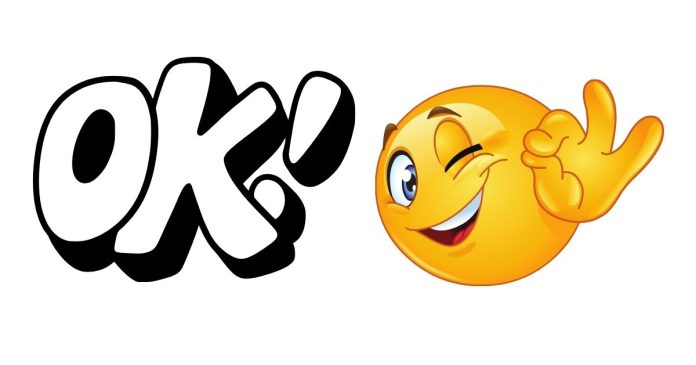The term “OK” is widely used in everyday conversation and communication, yet its origins are often misunderstood. It’s one of the most commonly used abbreviations worldwide, typically meaning “all right” or “acceptable.” But where did it come from? Surprisingly, its full form is not as straightforward as it might seem.
The Origin of OK
The full form of “OK” is often linked to the phrase “Oll Korrect,” which is a humorous misspelling of “All Correct.” This term became popular in the early 19th century in the United States, specifically around the 1830s. It was part of a trend in which people would create playful abbreviations and misspellings for humorous effect. The term gained significant traction during the U.S. presidential election of 1840, when supporters of Martin Van Buren adopted the phrase “OK” as part of their campaign slogan, referencing the president’s nickname, “Old Kinderhook.”
What is “Olla Kalla”?
Some people mistakenly believe that the term “OK” derives from the phrase “Olla Kalla”, which is sometimes confused with “Oll Korrect.” “Olla Kalla” does not have a real connection to the history of “OK” but might be misheard or misinterpreted due to the phonetic similarity. There’s no significant historical evidence supporting the idea that “Olla Kalla” influenced the creation of “OK.” The confusion likely arises from the similarity in sound, but “Olla Kalla” has no direct relation to the popularization of the term.
Conclusion
While “OK” may seem like a simple and universal expression, its origins are rich in history and linguistic evolution. Whether as a shortened form of “All Correct” or part of a political slogan, “OK” has endured for over a century and remains a key part of daily language. However, “Olla Kalla” is not the true origin—it’s simply an urban myth with no real basis.


